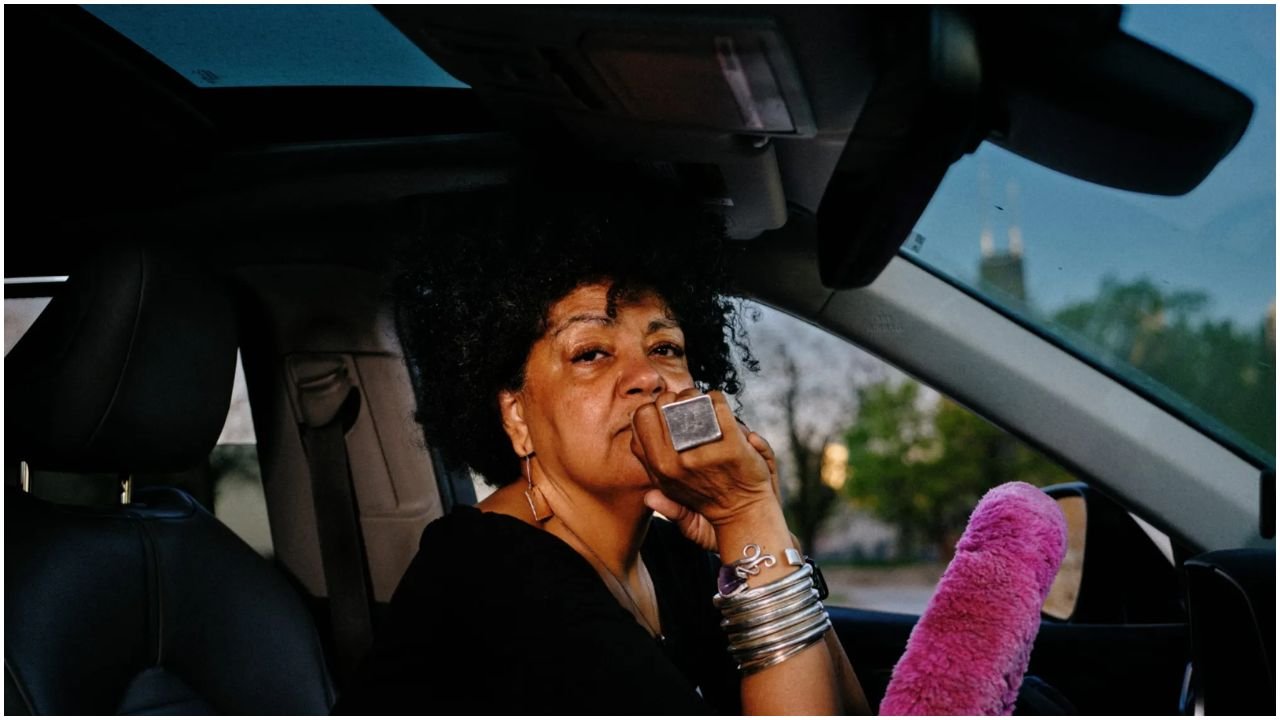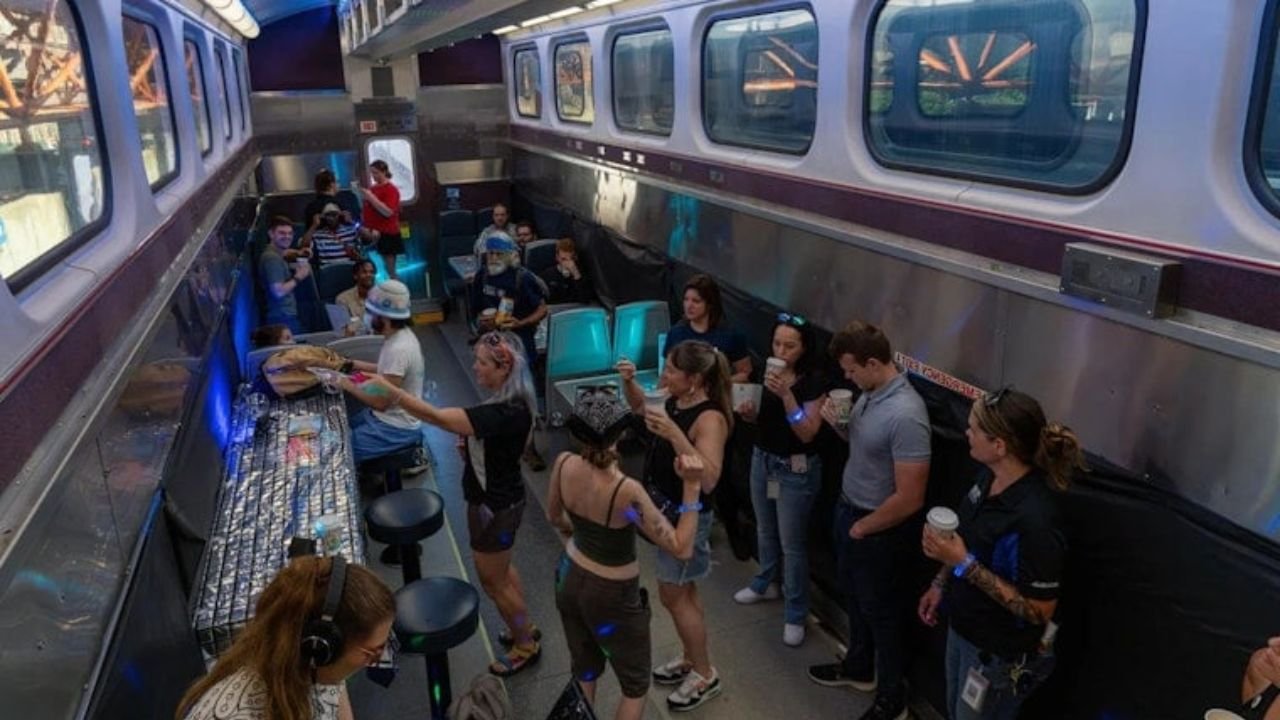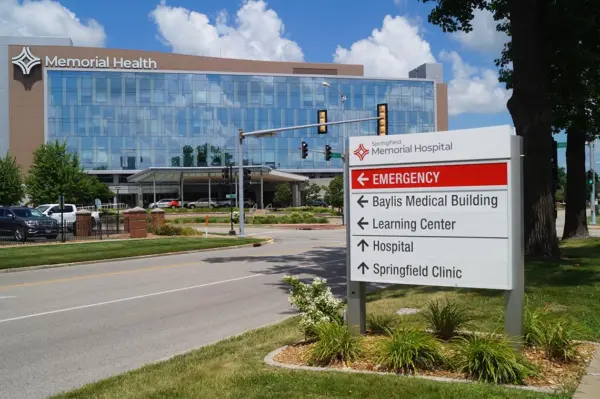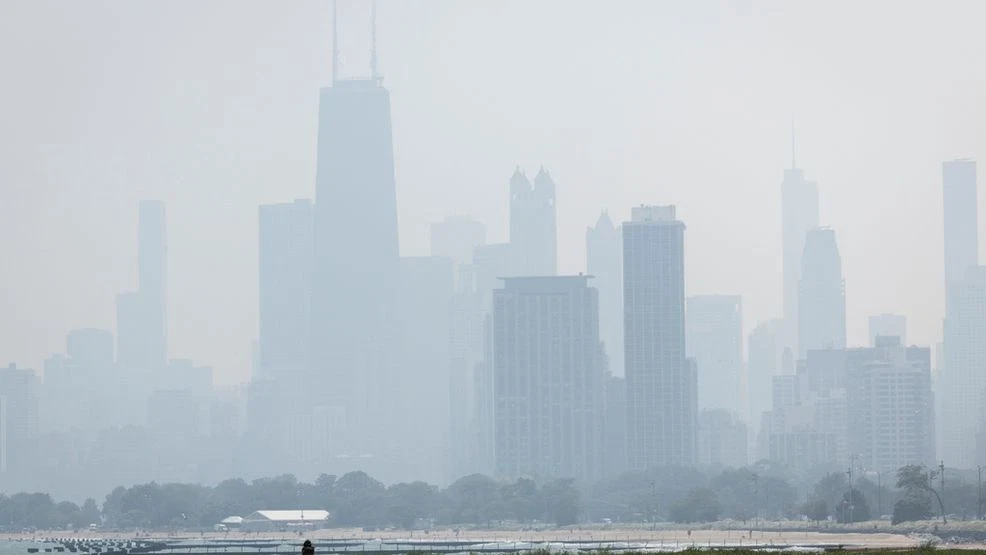CHICAGO — Gig work once promised freedom and flexibility for thousands of Chicagoans driving for Uber, Lyft, and other app-based services. But today, many of those workers say the reality is far from ideal: declining pay, arbitrary deactivations, and dangerous working conditions are now daily realities. With little control over the algorithms that govern their income and job status, drivers across the city are rallying for a new ordinance that would bring long-needed protections—and a more stable future.

Low Pay and Long Hours Despite Demand
Joe Negrau has been driving in Chicago since 2015. What once felt like a side hustle turned full-time has now become a financial trap.
“I have to drive twice as long to make the same money,” said Negrau, who’s seen his take-home pay drop as rideshare companies now collect up to 50% of fares—up from just 20% a decade ago.
A study from the University of Illinois Urbana-Champaign found that nearly 40% of Chicago rideshare drivers make less than the city’s $15/hour minimum wage, with many relying on their earnings to pay for rent, utilities, and childcare. The average net hourly wage is closer to $13/hour, after accounting for expenses.
The study also revealed other alarming facts:
-
80% of drivers reported feeling unsafe on the job at least once a month.
-
40% reported facing sexual harassment.
-
Drivers noted that the more low-paying rides they accept, the more they’re offered, creating a cycle of exploitation.
The Algorithm Is in Control
At the heart of this issue is a lack of transparency. Companies like Uber and Lyft use proprietary algorithms to decide fares, driver compensation, and even deactivations. This has led to accusations of “algorithmic wage suppression,” where drivers unknowingly receive reduced pay over time based on ride acceptance patterns or user behavior data.
Camila Hudson, a part-time Chicago driver, says she rejects 85% of ride requests because the pay isn’t worth the fuel and wear-and-tear on her car.
“Most drivers aren’t making money. They’re just not. And they’re killing their cars doing it,” she said.
The disparity extends to riders, too. Two passengers requesting the same trip at the same time can receive drastically different fare estimates based on personal data and likelihood of ride acceptance—often without knowing it.
Pushing for a Chicago Ordinance
In response, Chicago labor organizers are now pushing for a city ordinance that would set a pay floor, ensure due process in terminations, and establish safety standards. The proposed ordinance, backed by groups like The People’s Lobby and the Chicago Gig Alliance, is the product of years of negotiation between drivers, labor advocates, and city agencies.
“We reached a version that city officials say is implementable and meets the drivers’ needs,” said Will Tanzman, executive director of The People’s Lobby. “Now we’re pushing to pass it before Chicago’s minimum wage adjustment hits on July 1.”
Without action, gig workers could again be excluded from citywide wage increases—leaving tens of thousands behind.
National Momentum and Legal Battles
Other states have already taken steps toward protecting gig workers. In Massachusetts, a recent settlement between the state and rideshare companies includes:
-
$32.50/hour for engaged time
-
Health care stipends and accident insurance
-
$175 million in back pay for underpaid drivers
Seattle also implemented deactivation appeals and safety standards. Advocates hope Chicago’s ordinance can lead to similar state-level reform across Illinois.
Uber and Lyft have resisted these changes, often arguing that stricter rules would raise fares and limit their ability to remove unsafe drivers. A Lyft spokesperson claims they already ensure drivers receive 70% of weekly fares after fees and have improved the deactivation process. Uber has not publicly responded to local organizer efforts.

Bigger Picture: The Gig Economy’s Unstable Future
Experts say the gig economy model—once seen as an innovation—is increasingly being used to depress wages across sectors. Apps now connect not only drivers but also health care workers, janitors, and delivery staff to jobs that lack stability, benefits, or legal protections.
“They’re hiding behind the platform and algorithm,” said sociologist Erin Hatton. “They present themselves as tech companies, not employers, to avoid accountability.”
Organizers argue that Chicago’s working class is being squeezed by a system that rewards tech platforms and punishes the people powering them.
How Readers Can Help
If you or someone you know works in gig labor—rideshare, delivery, healthcare, or beyond—consider getting involved with advocacy efforts:
-
Learn more about the proposed Chicago ordinance: Chicago Gig Alliance Rideshare Ordinance Summary
-
Join labor rights campaigns: The People’s Lobby
-
Understand how companies collect and use your data: Uber’s Seattle Deactivation Policy
-
Review gig worker protections in other states: Massachusetts Attorney General Settlement
What do you think Chicago should do about the treatment of gig workers? Should rideshare drivers receive minimum wage and protections like other employees? Share your thoughts in the comments on ChicagoSuburbanFamily.com.















